By Mike Barnett
Mad Cow Disease—should you be concerned?
You bet. Anything that might affect your family’s health demands your attention. But you should also be informed.
The discovery of a dairy cow this week with bovine spongiform encephalopathy (BSE)—also known as mad cow disease—has sparked headlines and worries across the U.S.
Many remember Great Britain in the early 1990s when a massive BSE outbreak of the British cow herd affected the country’s food supply. People died from variant Creutzfeldt–Jakob disease (vCJD), which some think is linked to BSE.
U.S. beef and dairy interests learned a lot from the British incident. They learned how BSE was transmitted, what parts of the cow are affected and symptoms of the disease. U.S. government agencies and scientists worked with beef and dairy growers to ensure this tragedy would never happen in America. They have been successful.
A number of interlocking safeguards have been instituted over the last two decades to protect consumers and make sure BSE never gains hold in the U.S. cow herd. Those safeguards include removal of materials that carry the disease, such as the brain and spinal column from every cow harvested, banning animals that show signs of neurological damage and a stringent feed ban that prohibits the feeding of protein supplements that can spread the disease.
As a result, scientific analysis of seven years of surveillance data found the estimated prevalence of BSE in the United States to be less than one infected animal per 1 million adult cattle. In other words, that dairy cow in California was one in a million. In fact, BSE is approaching eradication both in the United States and worldwide. According to the World Organization of Animal Health, the leading international body for animal health, there were only 29 cases of BSE worldwide in 2011, a 99 percent reduction since the peak in 1992 at more than 37,300 cases. This is only the fourth case of BSE found in the United States.
What does all of this mean?
Beef is safe. Milk is safe. The world’s leading scientists, medical professionals and government officials agree that BSE is not a public or animal health risk in the United States.
Still have concerns? I encourage you to investigate yourself:
- Centers for Disease Control Q&A
- Food and Drug Administration Q&A
- U.S. Department of Agriculture Q&A
- Beef Industry Scientific Panel Information Resource

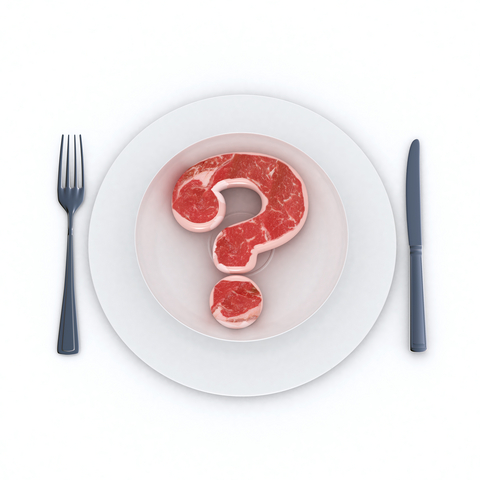
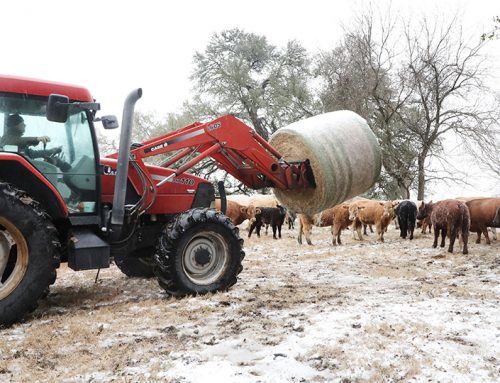
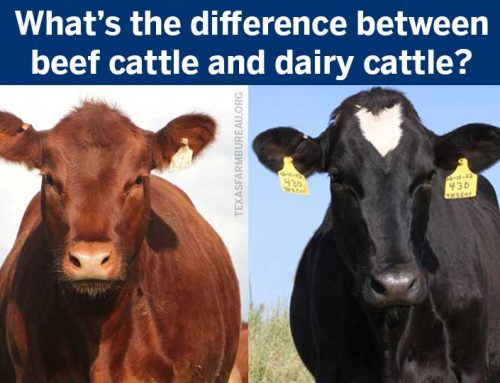
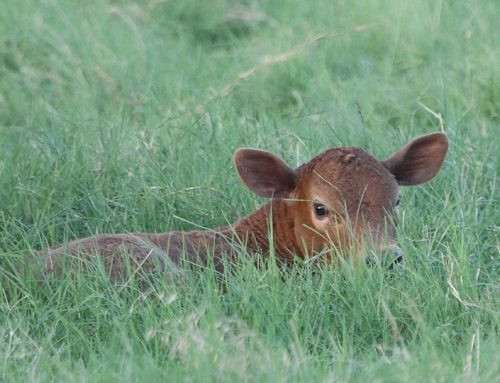
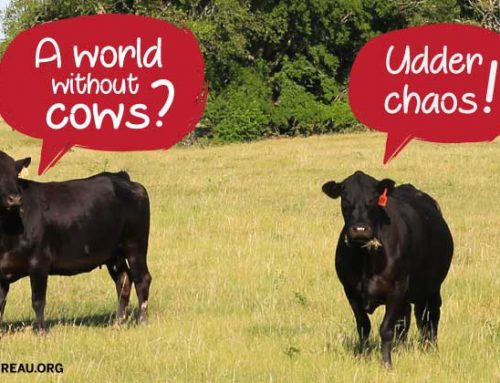
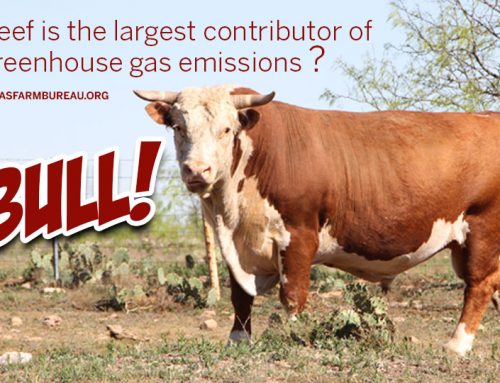



I read several scientific journals which indicate the cause of Mad Cow disease to be animal carcases and animal product added to feed as an extender for the bovines.
We should feed cows grass the way God intended, not grains or processed feed containing animal flesh. Pretty simple.
G.W., the USDA Chief Veterinary Officer reported that this case of BSE was a very rare form that is not related to contaminated animal feed. In fact, the practice of feeding animal protein, which has been linked to BSE, has been banned in the U.S. since 1997.
The disease can manifest through uncommon genetic mutations, which was likely was the result of the infected dairy cow in California. The bottom line is, the USDA’s food safety system worked. The case was found through the procedures set in place to protect us. The result? The food supply remained safe. I continue to feel 100% comfortable eating – and serving – conventional beef and dairy products.
You can find the Chief Veterinary Officer’s complete statement on this particular case and the safety of our food supply here: http://usda.gov/wps/portal/usda/usdahome?contentid=2012/04/0132.xml.
[…] Mad Cow Disease—Should you be concerned? | Texas Farm … […]